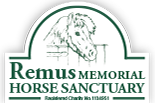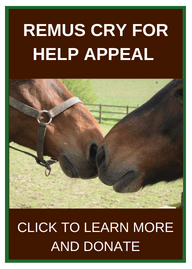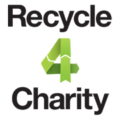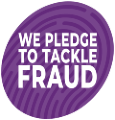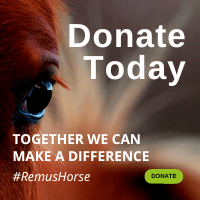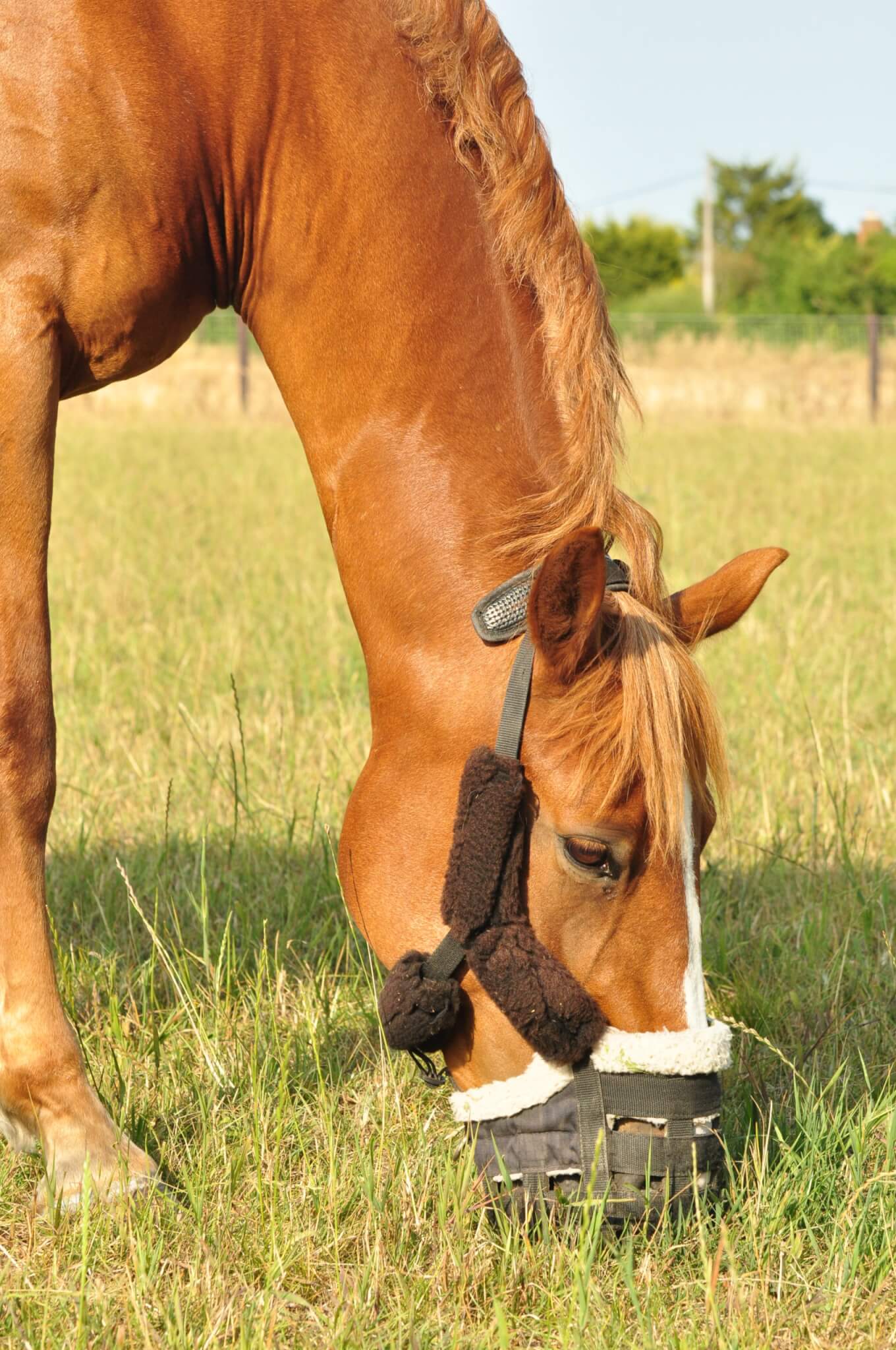
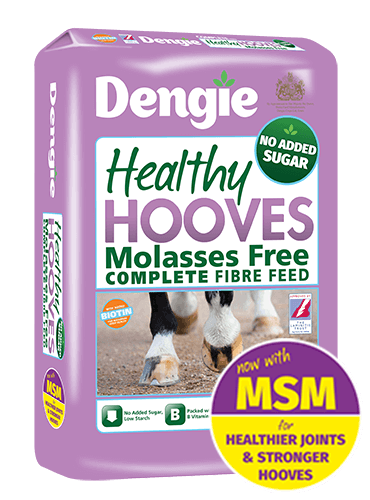
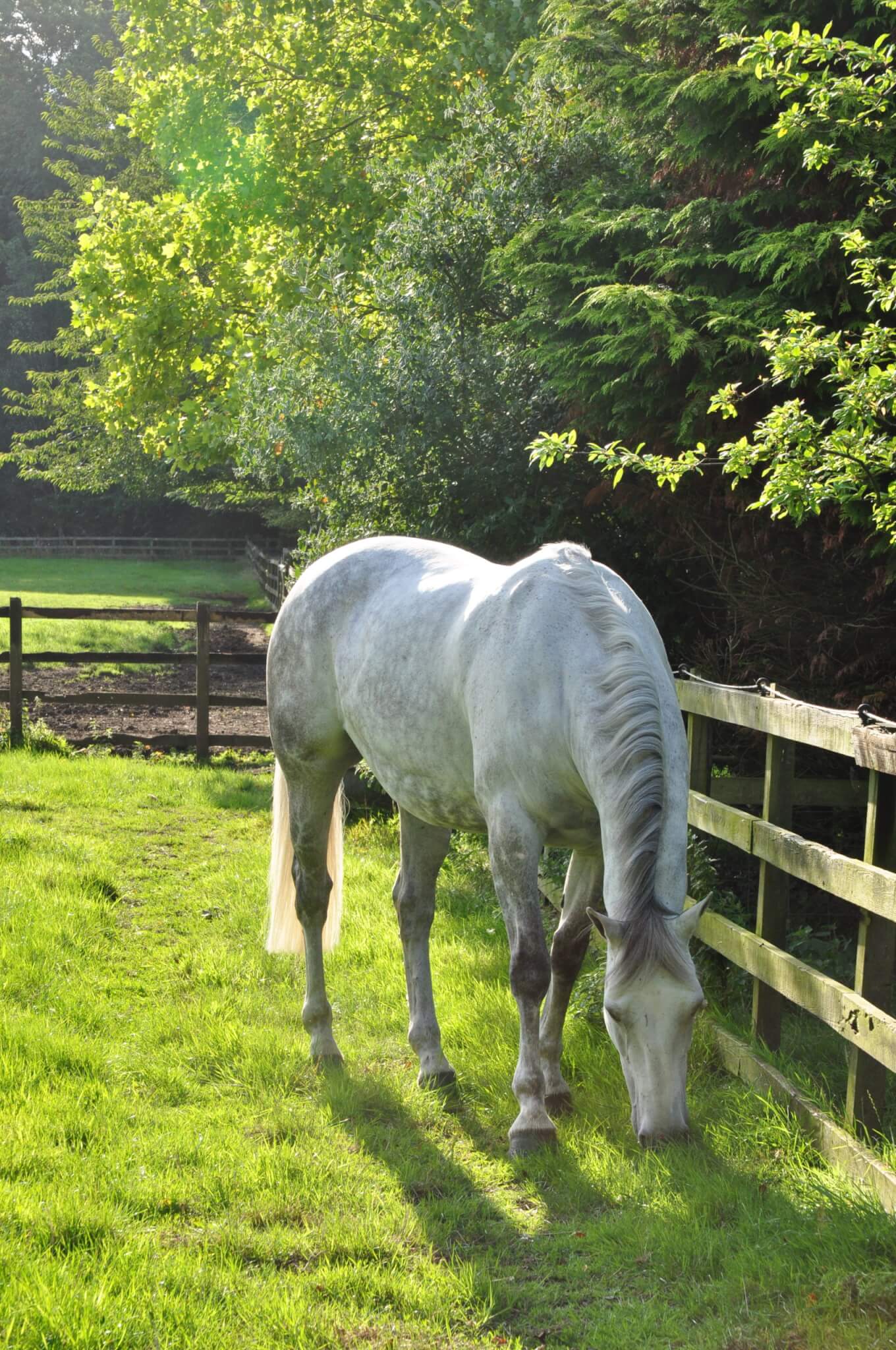
Have a Healthy Spring with Dengie
Whilst the onset of spring brings joy to many horse, pony and donkey owners, for those of laminitis-prone individuals it can be a stressful time deciding whether it is safe to turn out on spring grass and what to feed if you don’t.
Why does spring grass = laminitis risk?
- More grass to eat – As the daytime temperatures gradually increase, grass growth begins in earnest. Fundamentally this means there is more grass to eat which can result in rapid weight gain and consumption of larger amounts of non-structural carbohydrate (NSC). Both factors are linked to an increased risk of laminitis in susceptible individuals such as those with Equine Metabolic Syndrome (EMS).
- A higher level of NSC in grass – Levels of NSC, an analytical term to describe the sum of simple sugars, fructan and starch, start to increase when the sun is shining. If it is too cold for grass to grow, levels of NSC are driven up. During the spring where there are times of high light intensity, but low temperatures persist it is advised that susceptible individuals are prevented from grazing (Longland and Byrd 2006). Consumption of larger amounts of NSC is a problem for those with underlying insulin dysregulation such as those with EMS, as it results in a higher insulin response and therefore increased laminitis risk.
Feeding for a Healthy Spring
For horses and ponies with EMS and underlying insulin dysregulation that are very susceptible to laminitis, complete removal from grass may be the safest way to keep them healthy in spring. This increases reliance on conserved forages but gives greater control over what and how much they are consuming. The aim is to maximize chew time and maintain interest whilst not eating grass.
Dengie Healthy Hooves Molasses Free is a nutritionally complete fibre feed combining chopped and pelleted alfalfa and straw with a light rapeseed oil coating, added vitamins and minerals, garlic, and MSM. Dengie Healthy Hooves Molasses Free is a great addition to the ration of the laminitis-prone individual as:
- It is a low-calorie fibre feed at 8.5MJ/kg which is ideal for those watching their waistline
- It is very low in sugar and starch at 2.5% and 1.5% respectively making it very suitable for those prone to laminitis – it is approved by the Laminitis Trust
- Healthy Hooves Molasses Free combines chopped and pelleted fibres for added interest and to encourage foraging activity
- When fed at the recommended quantity of 500g per 100kg of bodyweight no additional vitamin and mineral supplement is required as Healthy Hooves Molasses Free is a nutritionally balanced fibre feed. Healthy Hooves Molasses Free also contains a full range of B vitamins including biotin at the level you would typically find in a hoof supplement
- Healthy Hooves Molasse Free contains added MSM for healthier joints and stronger hooves. Grass is the horse’s natural source of sulphur and horses on restricted grazing may therefore miss out. MSM is a source of bio-available sulphur which is found in high concentrations in connective and structural tissues such as collagen and keratin in the horse’s joints, skin, coat and hooves
For friendly feeding advice contact the Dengie Feedline on 01621 841188 or visit www.dengie.com.
